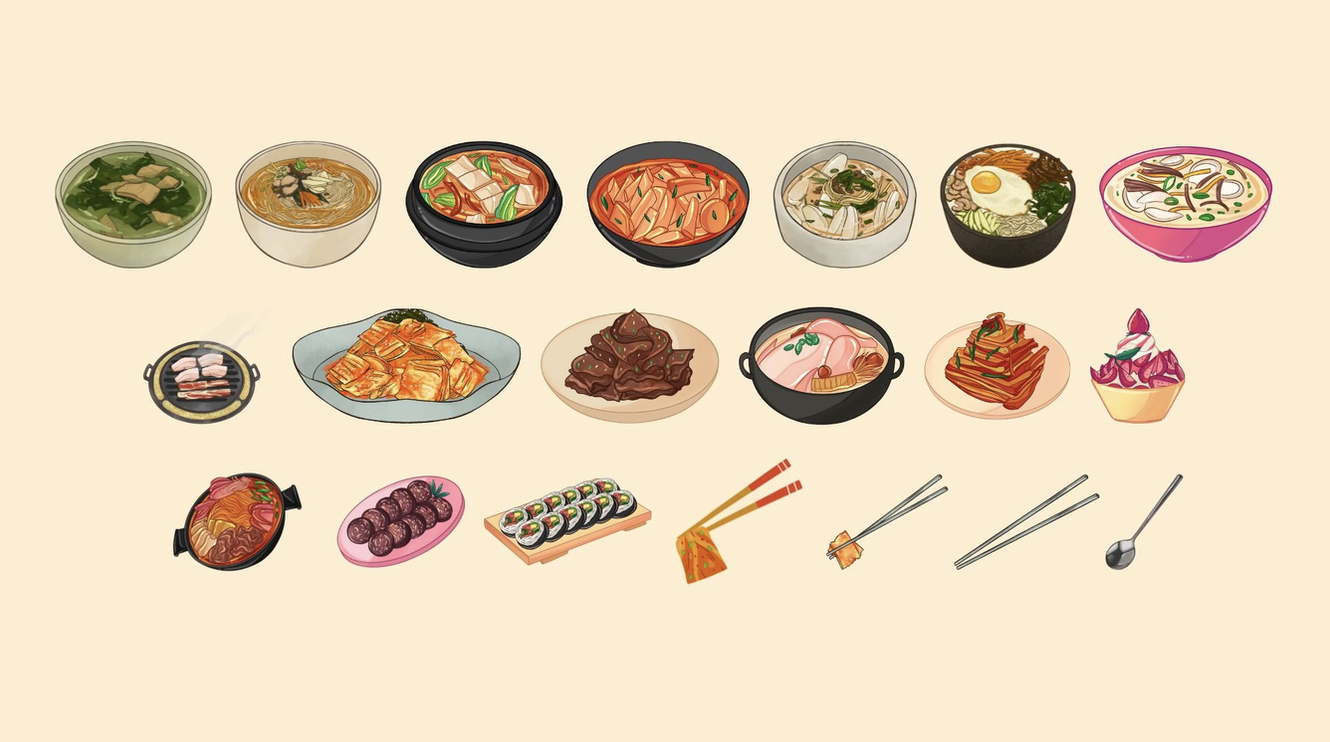The concepts at Smorgasburg, despite being mainstays at the market, currently face hurdles to operate legally in L.A.
Though street vending was decriminalized in L.A. in 2018, there are still no permits available for pop-up vendors, meaning street vending is illegal.
“There are zero permits for a pop-up, they just don’t exist,” Salcido said. “When you look at cities like Portland, they highly celebrate the street food vending scene and create all the permits and laws. In a place like Los Angeles, you would expect that it would be celebrated because it’s the world of tacos, Mexican and Central American food. But unfortunately it’s not.”
Smorgasburg vendors get around these rules since Smorgasburg is a private event with its own location. It’s not on the street, and they have their own organized vending rules with guidelines for health and safety. However, current laws make it hard for them to expand outside the walls of Smorgasburg or other similar food markets.
Though the county is working on a legal path for street vending, pop-ups and food trucks are still subject to permits and no-vending zones that make it harder for them to do business. For immigrants and POC business owners, these restrictions are imposed even more harshly.
“Santa Monica does big street food vending events, whereas those same street food trucks can go to another city or county, like Palmdale or Orange County, and [aren’t allowed]. Right now, Huntington Park is having a lot of issues with policing around these things.” Salcido said.
He adds that white, Caucasian branded pop-ups or food trucks get certain privileges, including being called gourmet, while concepts serving tacos, gyros, or Chinese food will never be given that label.
Particularly in Los Angeles, which has a Hispanic/Latinx population of 49 percent, it may seem ironic that vendors serving Mexican, Central and South American food are faced with prejudice. Though L.A. prides itself on authentic street foods like elote and pupusas, the people serving these meals are often left to deal with unjust policies. Considering that many of these vendors are immigrants trying to make a living for themselves, Salcido said Angelenos ought to be paying attention.
“They’re a vulnerable part of the American population and vending population,” Salcido said. “I think, unfortunately, a lot of people forget the poem that’s on the Statue of Liberty. She’s called the mother of exiles and these exiles are coming into America and having difficulties.”
While street vendors face numerous challenges within the L.A. food scene, Smorgasburg is a safe haven for dozens of pop-ups across the city. Of the fusion vendors at Smorgasburg, only Kinrose Creamery has a brick-and-mortar location in addition to their pop-up, and Battambong BBQ and Taste of the Pacific say their goal is to open one in the future. Until then, you can find them at the market every Sunday from 10 a.m. to 4 p.m.
Chad Phuong, owner of Battambong BBQ, says he’s grateful for Smorgasburg not only because it’s provided a platform for him, but also because it’s connected him with customers and other vendors of varying backgrounds and life experiences. And of course, the wide array of delicious food doesn’t hurt either.
“My journey as a refugee who has been transplanted here and lives here in the States, I have so many different friends from different walks of life and from every ethnicity,” Phuong said. “When you become friends you get to taste different styles of food whether it be Mexican food, Mediterranean, Chinese food, Filipino food or even Greek food.”
